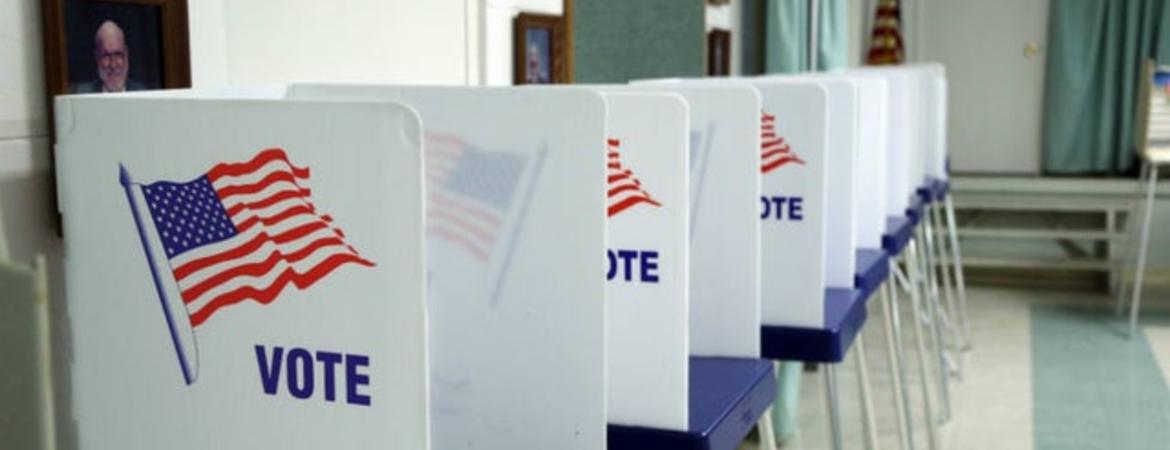Center for Social Innovation

Asian Americans — relatively affluent, well-educated, entrepreneurial — voted heavily Republican. That was for George H.W. Bush 28 years ago. For Republicans, it has been all downhill since.
The fastest growing sector of the American electorate, the number of eligible Asian American voters has more than doubled since 2000. They will vote overwhelmingly for Joe Biden and other Democrats this November, experts on Asian American politics say. They could make the difference in a handful of swing states.
This seismic shift and its significance are a telling story about contemporary politics. Donald Trump, with his insulting rhetoric and anti-immigration policies, has accelerated the Republican problem, but it began well before 2016.
Asian Americans comprise almost 6 percent of the U.S. population and close to 5 percent of eligible voters. Before the 1965 pro-immigration legislation they were 1 percent.
It's a diverse group. Chinese Americans and Indian Americans are the largest, while those with Vietnamese and Philippine heritage are the most conservative, though even they have become less Republican.
Karthick Ramakrishnan, a political science professor at the University of California at Riverside, has studied these voting patterns, drawing on extensive surveys from APIA Vote. He tells me much of the Republican problem is self-created. “In polls the top issues are always ones like health care, education, even gun control. Immigration is never one of the top three, but it's very important in shaping their views of politicians and parties.”
For new arrivals, the signals Republicans have sent for a quarter century have been "largely negative," he says.
There are efforts by some right-wingers to appeal to Asian American voters on affirmative action. Critics charge that some elite universities and colleges discriminate against high-achieving Asian American applicants to favor other minorities. That's the core of a lawsuit against Harvard University. A federal judge ruled against the plaintiffs who are expected to appeal all the way to the Supreme Court.
Yet polling by APIA found the majority or plurality of every Asian American group thought affirmative action in college admissions was a "a good thing."
Politically, the question is how much these voters might affect the November outcome and where.
Democrats have a couple concerns. One is whether the pandemic limits their outreach. Another is the chronic issue of turnout. For all their success, Asian Americans have been less engaged in the civic and political arena than most.
However, according to APIA, in the 2018 midterms Asian Americans, while still voting at a lower rate than whites or Blacks, of showed a huge increase in turnout from the previous midterms. Ramaskrishnan anticipates a “record high level turnout” in 2020 with a competitive year and “the polarizing effect of Trump.”
A simple rule in American politics: If people think you don't like them, they don't vote for you.